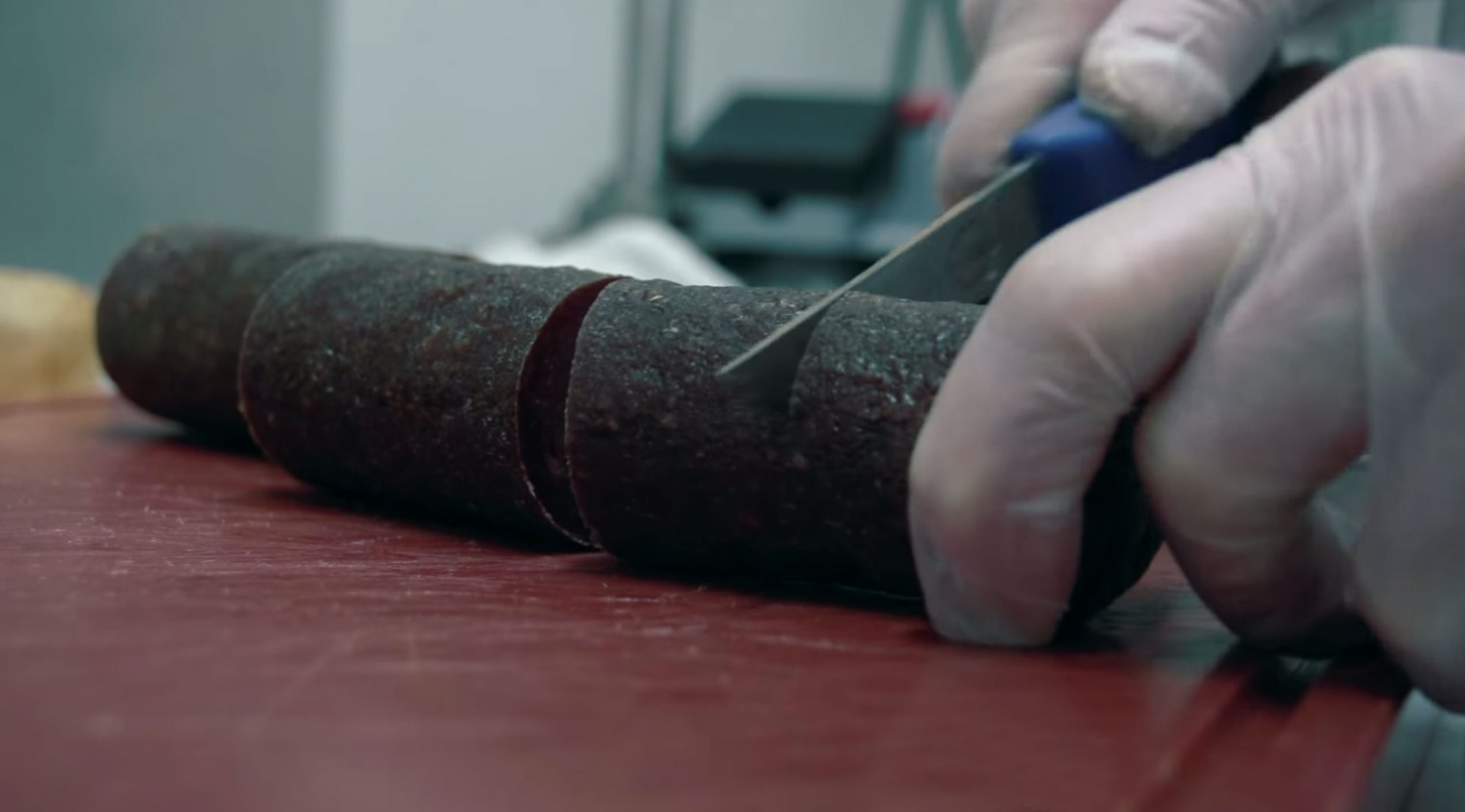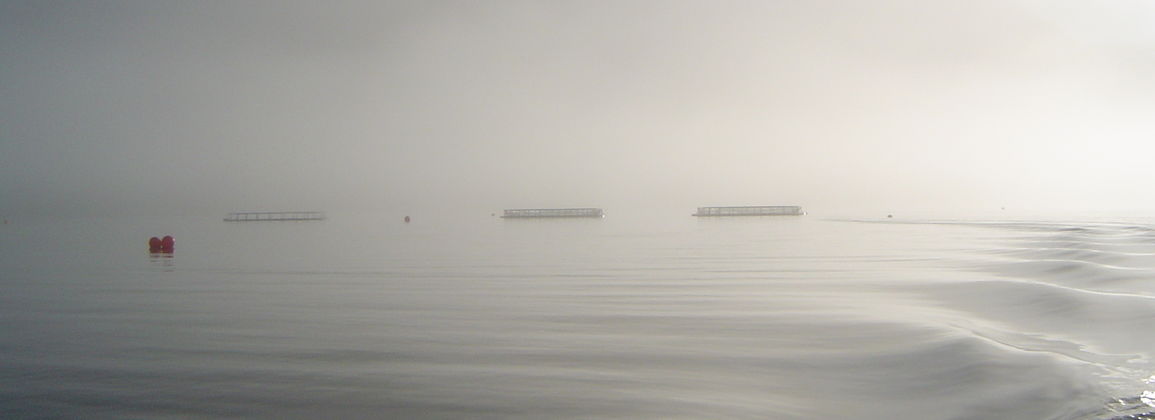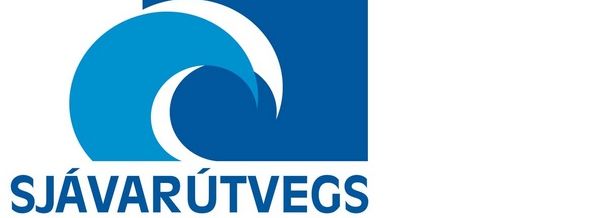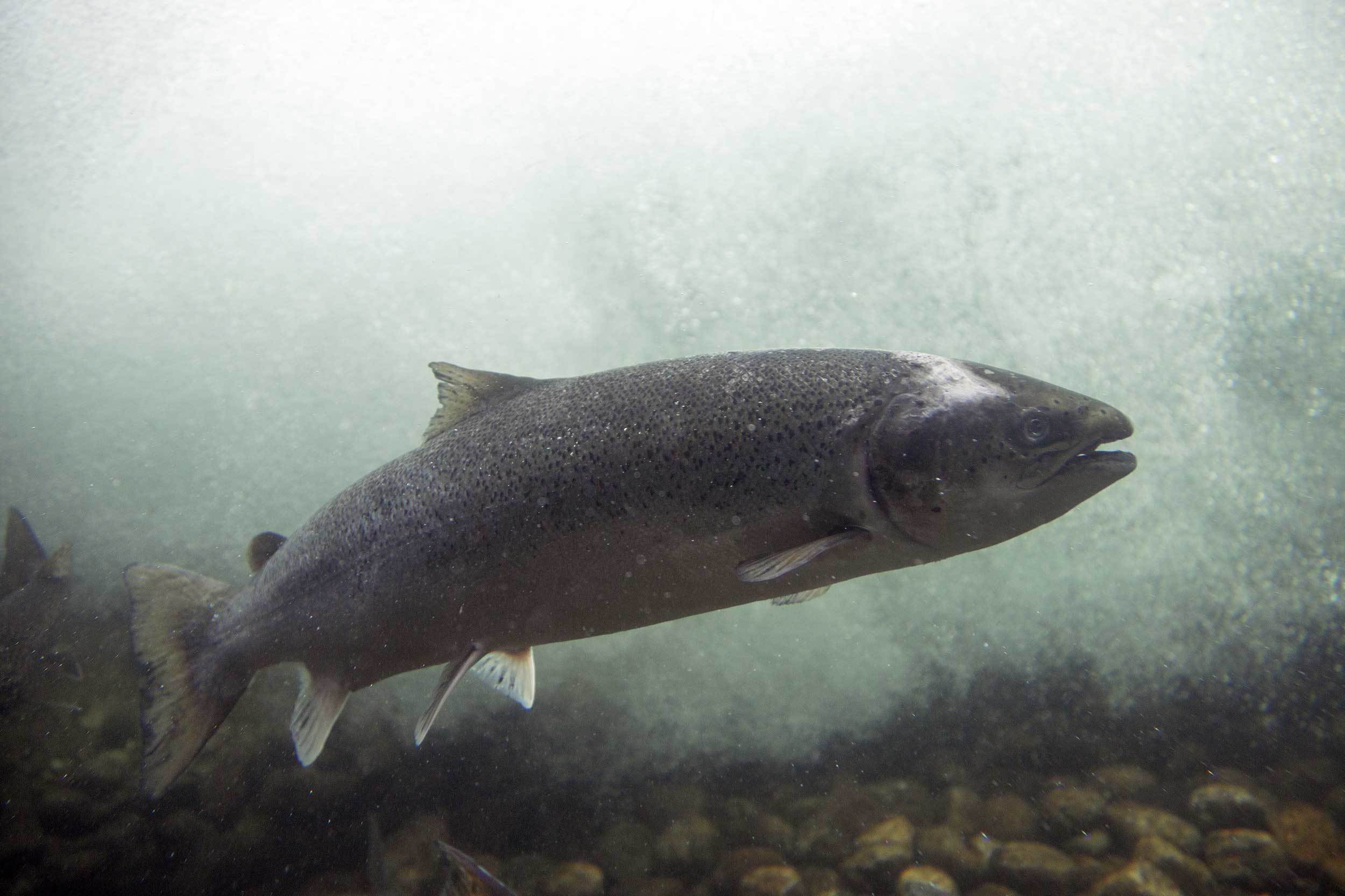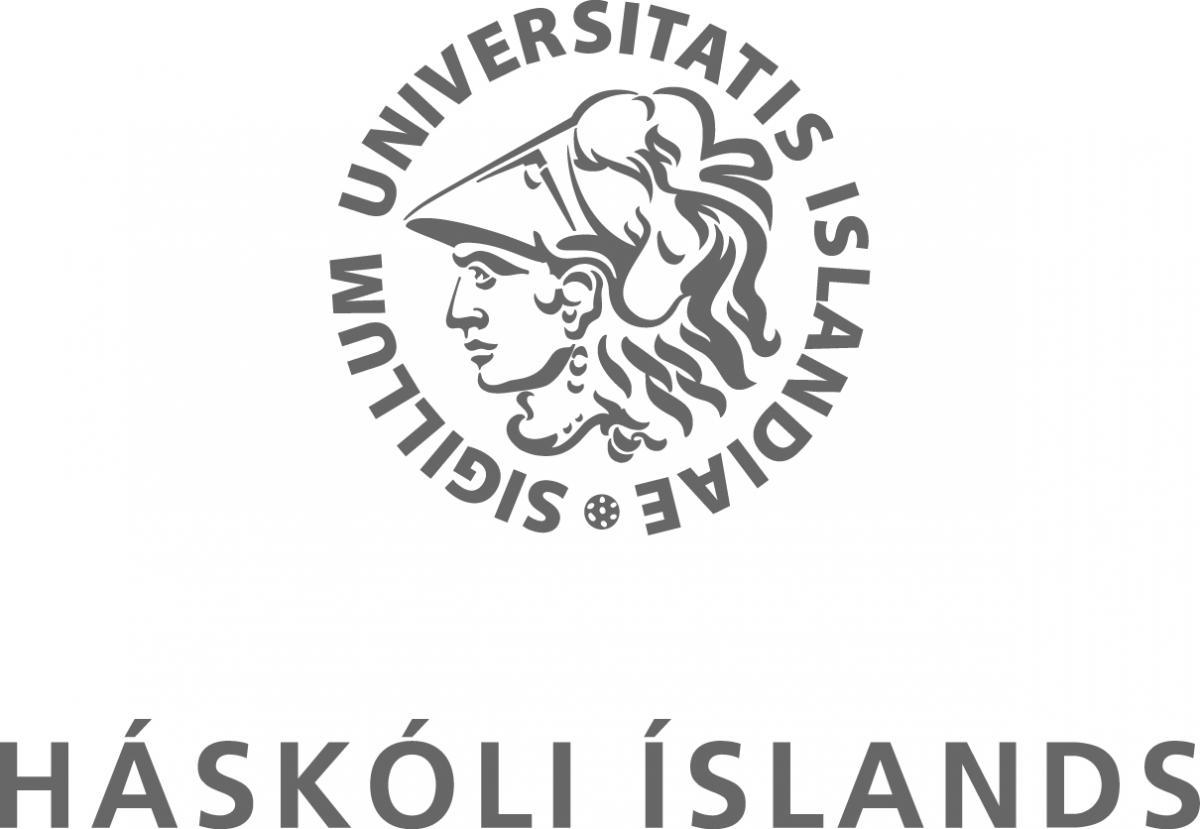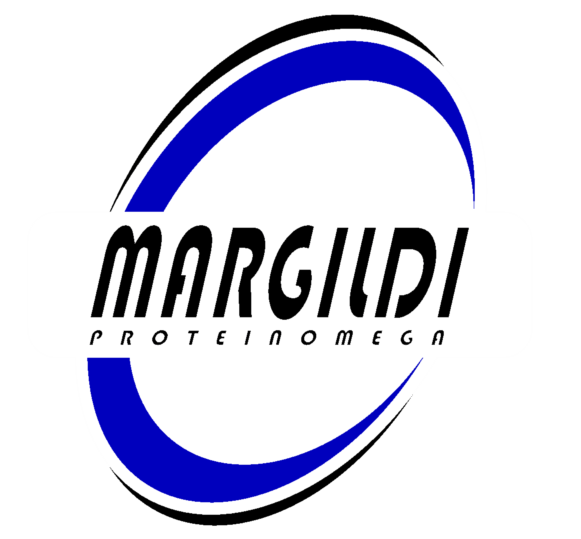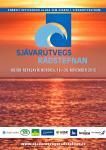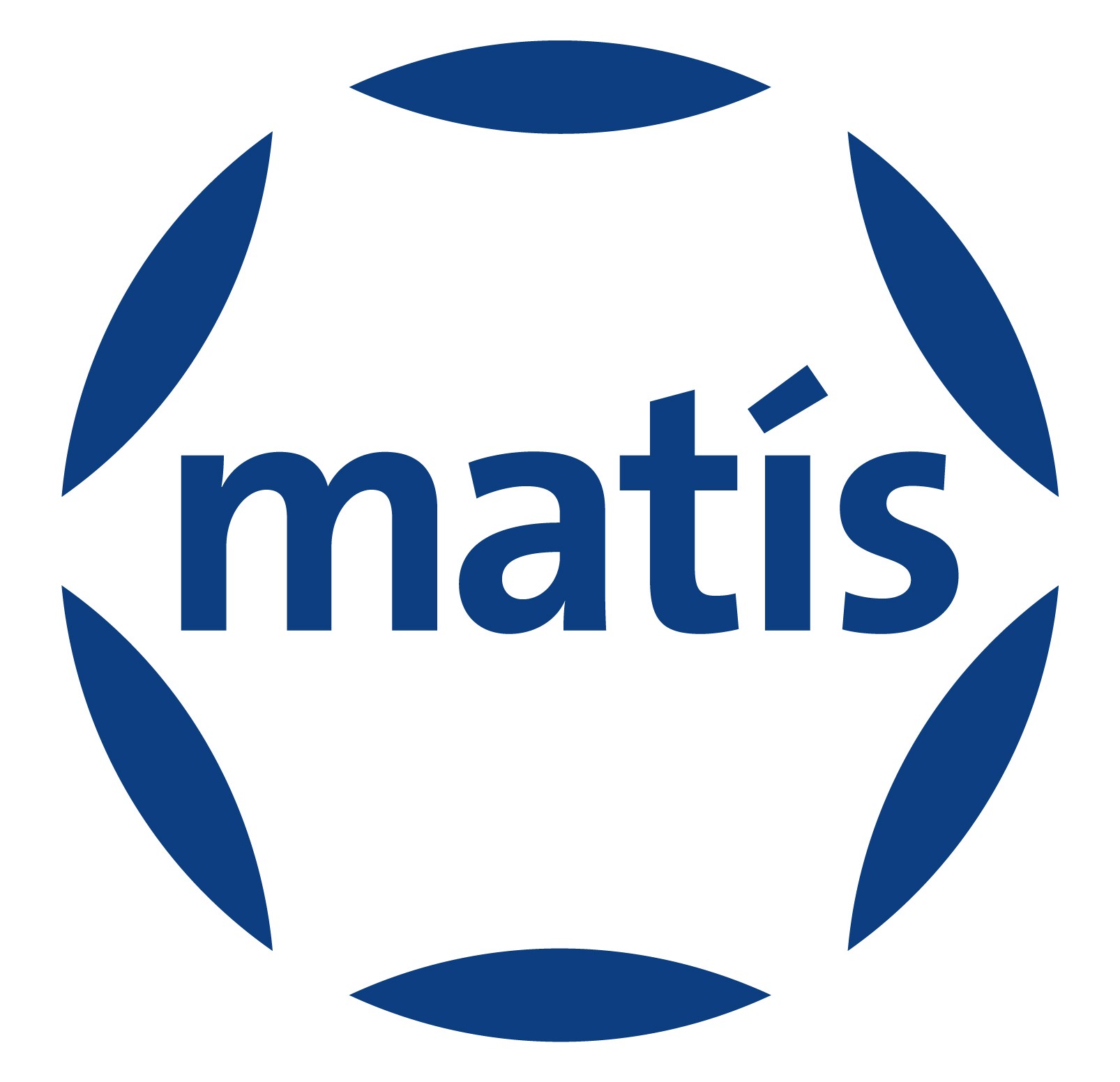The handicraft slaughterhouse in Seglbúðir in Landbrot
Hjá handverkssláturhúsinu í Seglbúðum í Landbroti starfar fumkvöðull sem leitaði til Matís um úrlausn sinna mála. Erlendur Björnsson bóndi hafði lengi haft […]
The handicraft slaughterhouse in Seglbúðir in Landbrot Nánar »
